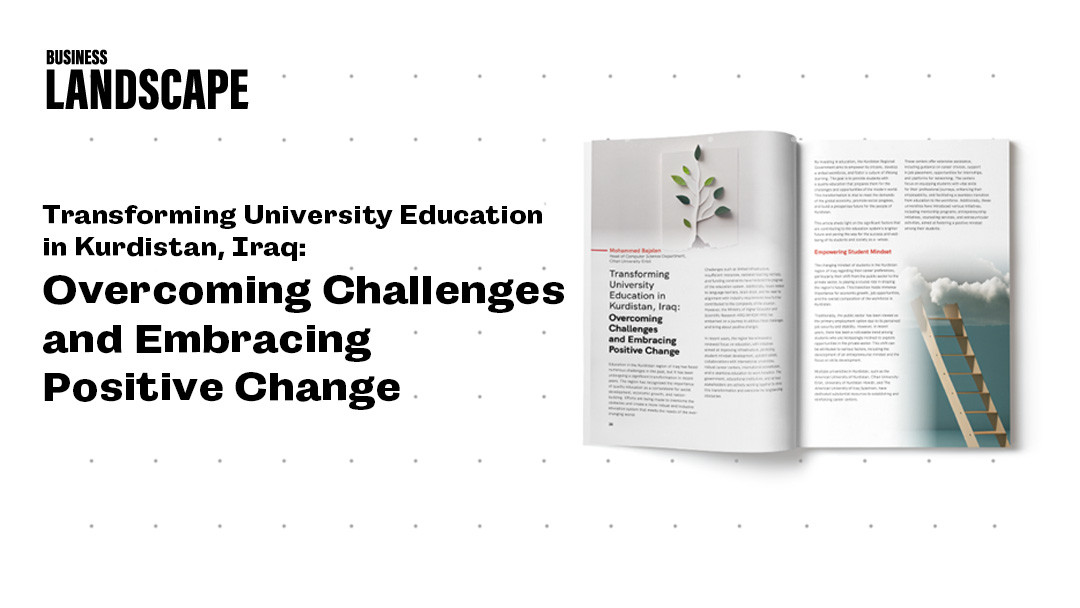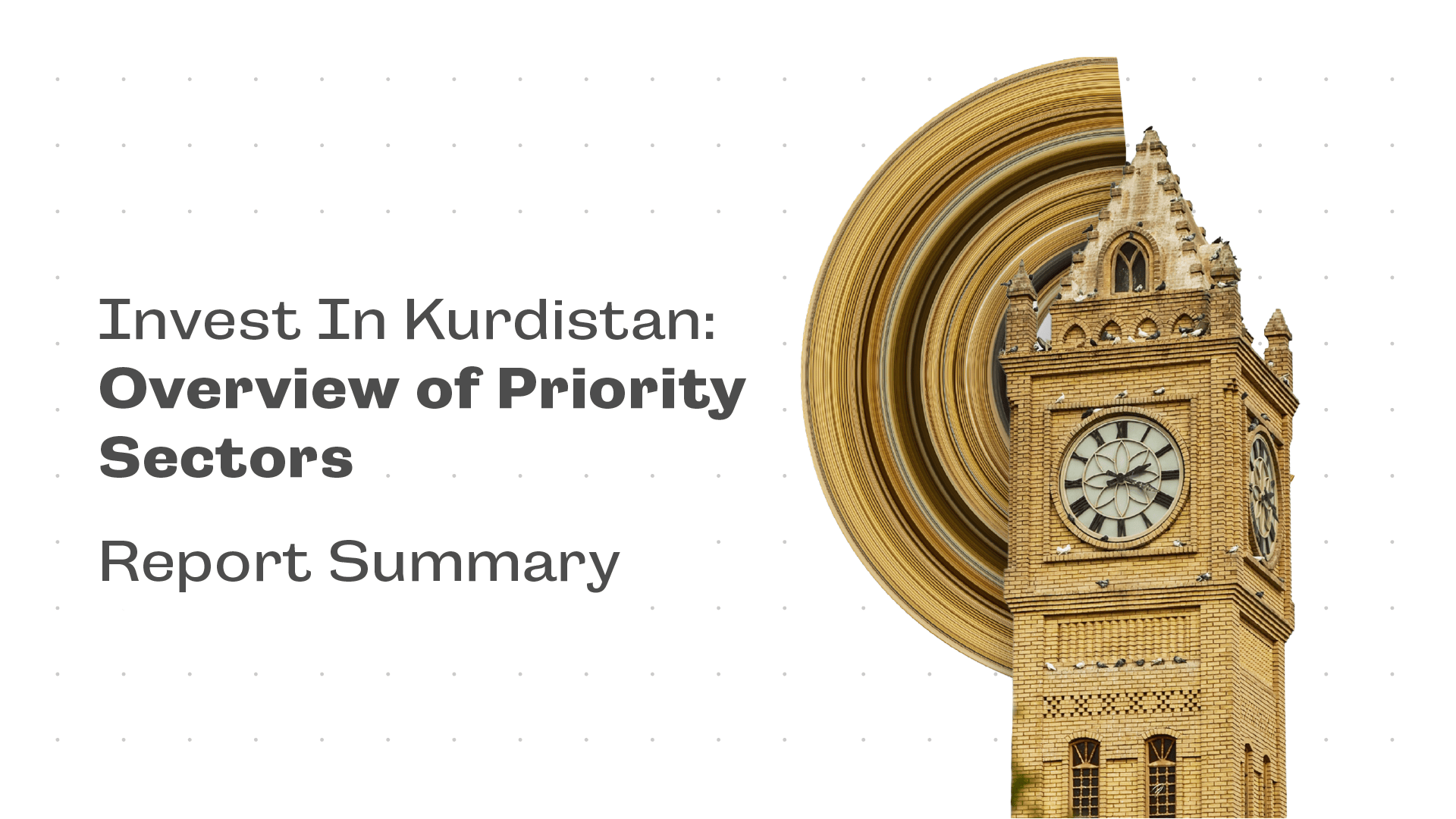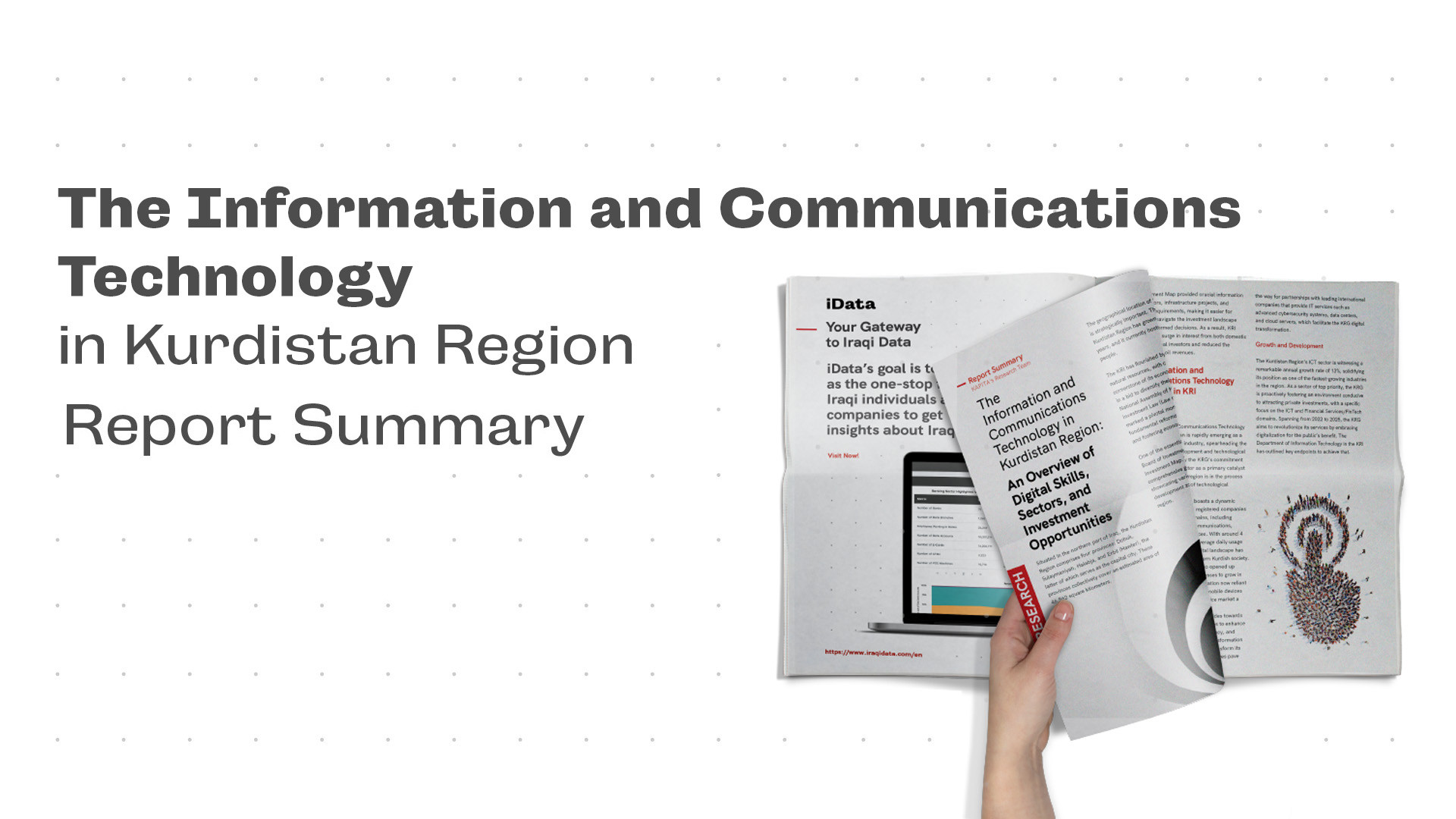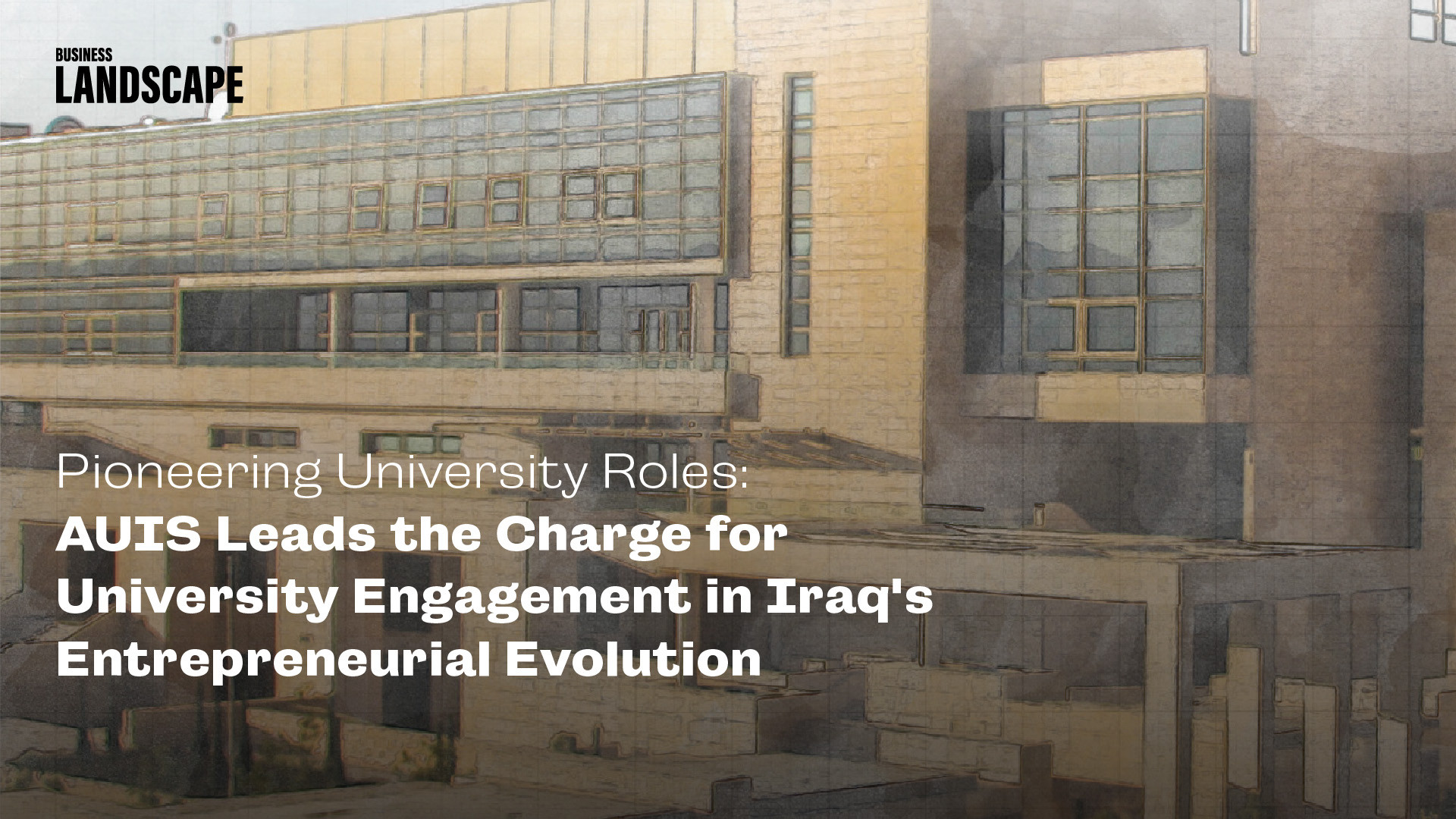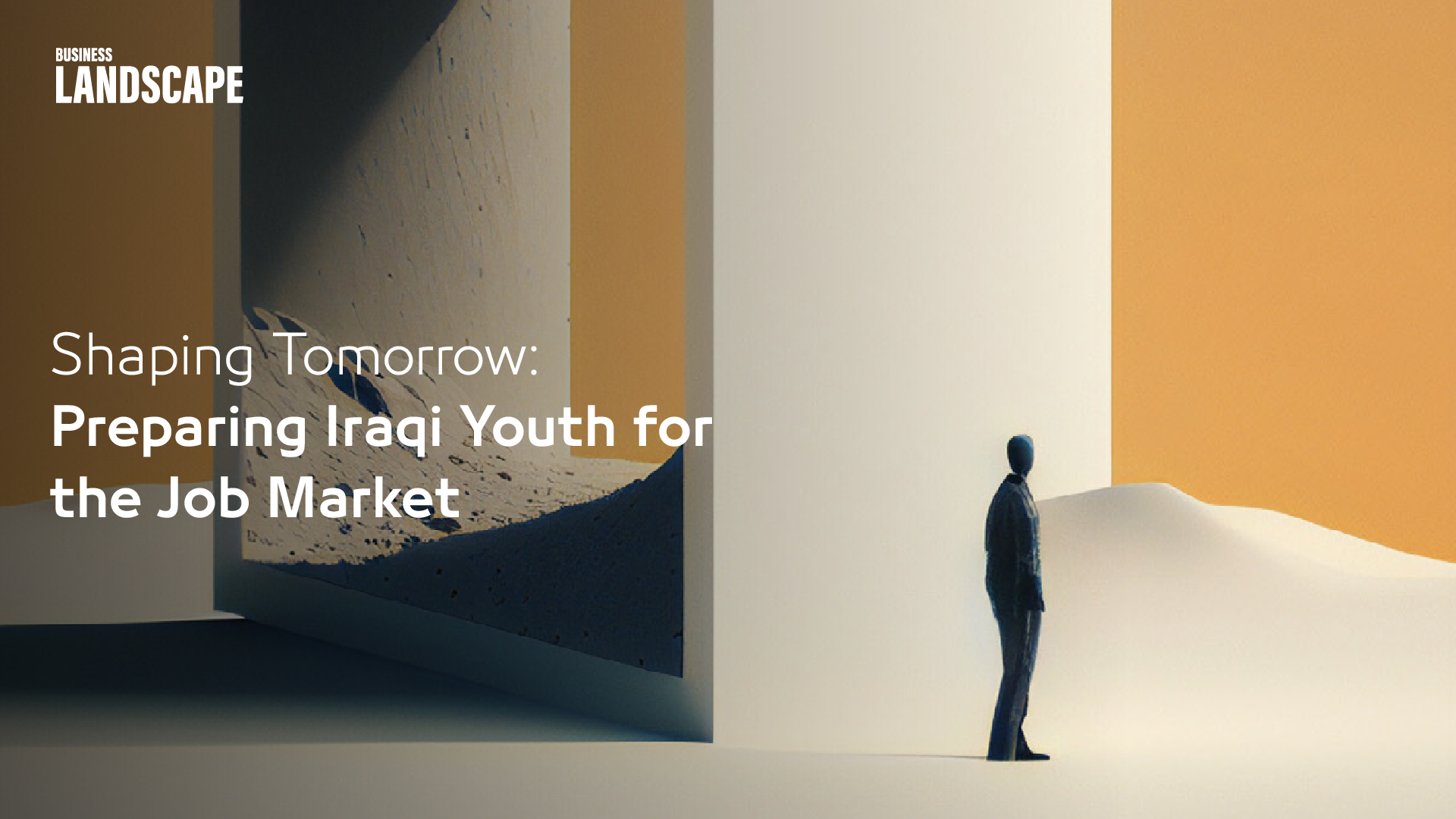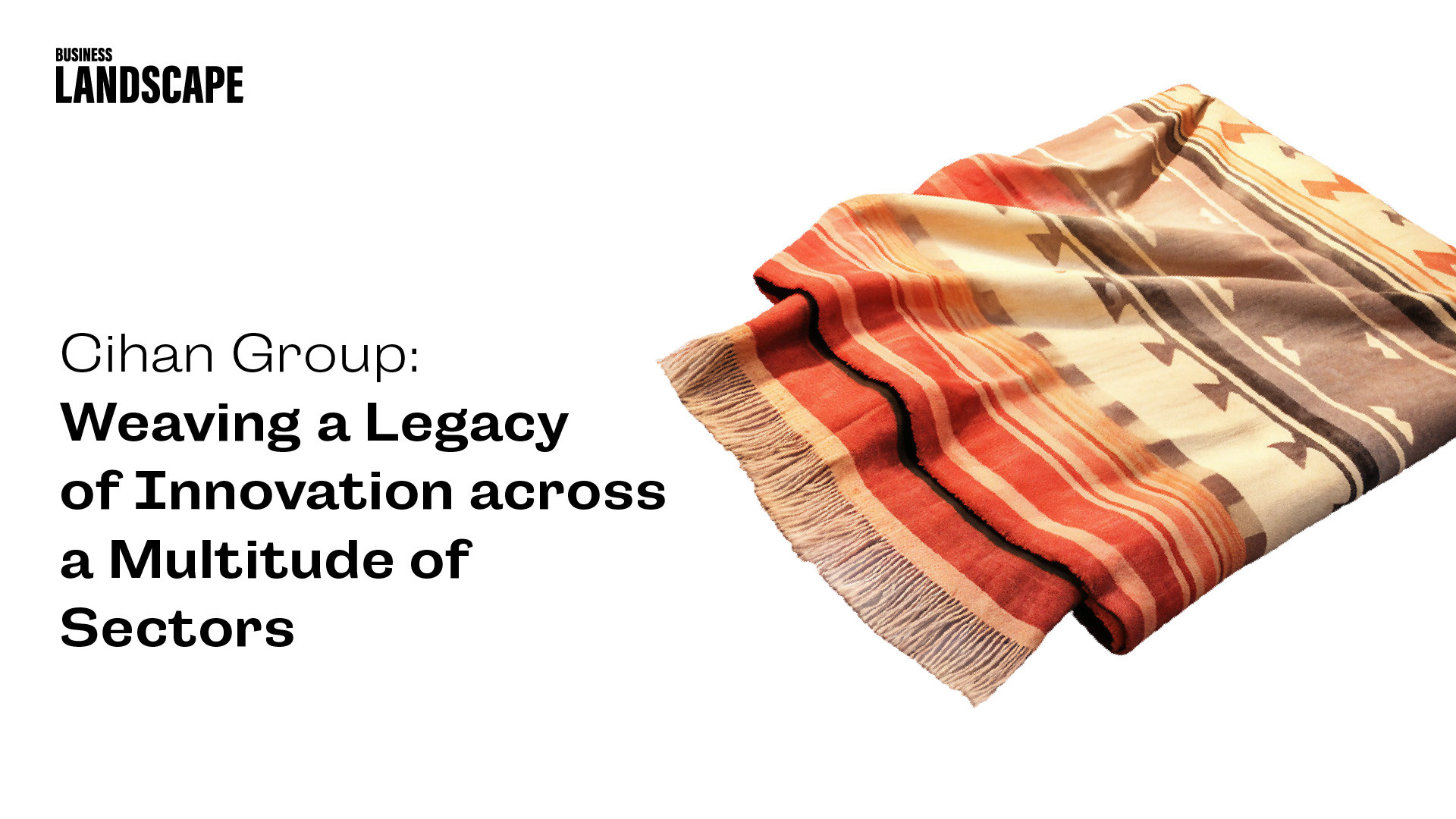Transforming University Education in Kurdistan, Iraq: Overcoming Challenges and Embracing Positive Change
Mohammed Bajalan
Head of Computer Science Department, Cihan University-Erbil
Education in the Kurdistan region of Iraq has faced numerous challenges in the past, but it has been undergoing a significant transformation in recent years. The region has recognized the importance of quality education as a cornerstone for social development, economic growth, and nation-building. Efforts are being made to overcome the obstacles and create a more robust and inclusive education system that meets the needs of the ever-changing world.
Challenges such as limited infrastructure, insufficient resources, outdated teaching methods, and funding constraints have hindered the progress of the education system. Additionally, issues related to language barriers, brain drain, and the need for alignment with industry requirements have further contributed to the complexity of the situation. However, the Ministry of Higher Education and Scientific Research-KRG (MHESR-KRG) has embarked on a journey to address these challenges and bring about positive changes.
In recent years, the region has witnessed a renewed focus on education, with initiatives aimed at improving infrastructure, promoting student mindset development, updated syllabi, collaborations with international universities, robust career centers, international accreditation, and a seamless education-to-work transition. The government, educational institutions, and various stakeholders are actively working together to drive this transformation and overcome the longstanding obstacles.
By investing in education, the Kurdistan Regional Government aims to empower its citizens, develop a skilled workforce, and foster a culture of lifelong learning. The goal is to provide students with a quality education that prepares them for the challenges and opportunities of the modern world. This transformation is vital to meet the demands of the global economy, promote social progress, and build a prosperous future for the people of Kurdistan.
This article sheds light on the significant factors that are contributing to the education system's brighter future and paving the way for the success and well-being of its students and society as a –whole.
Empowering Student Mindset
The changing mindset of students in the Kurdistan region of Iraq regarding their career preferences, particularly their shift from the public sector to the private sector, is playing a crucial role in shaping the region's future. This transition holds immense importance for economic growth, job opportunities, and the overall composition of the workforce in Kurdistan.
Traditionally, the public sector has been viewed as the primary employment option due to its perceived job security and stability. However, in recent years, there has been a noticeable trend among students who are increasingly inclined to explore opportunities in the private sector. This shift can be attributed to various factors, including the development of an entrepreneurial mindset and the focus on skills development.
Multiple universities in Kurdistan, such as the American University of Kurdistan, Cihan University-Erbil, University of Kurdistan Hewlêr, and The American University of Iraq Sulaimani, have dedicated substantial resources to establishing and reinforcing career centers. These centers offer extensive assistance, including guidance on career choices, support in job placement, opportunities for internships, and platforms for networking. The centers focus on equipping students with vital skills for their professional journeys, enhancing their employability, and facilitating a seamless transition from education to the workforce. Additionally, these universities have introduced various initiatives, including mentorship programs, entrepreneurship initiatives, counseling services, and extracurricular activities, aimed at fostering a positive mindset among their students.
Updated Syllabus
To ensure relevance and alignment with emerging trends and industry requirements, The Ministry of Higher Education and Scientific Research in Kurdistan has adopted the Bologna Process, a framework for harmonizing higher education systems across Europe and beyond. This process facilitates curriculum reform, quality assurance, and mobility of students and academic staff.
One of the primary objectives of the Ministry is to develop curricula that meet international standards and enhance the quality of higher education in Kurdistan. Through the Bologna Process, the Ministry encourages universities to implement student-centered learning approaches, promote interdisciplinary studies, and focus on the acquisition of key competencies.
Moreover, the Ministry collaborates with universities to establish internal quality assurance mechanisms to ensure the effectiveness of curriculum implementation. This includes continuous evaluation and improvement processes, feedback from students, and alignment with the evolving needs of society and industries.
The curricula of universities in Kurdistan have been updated. The university provides students with a comprehensive education that prepares them for real-world challenges by incorporating new technologies, interdisciplinary approaches, and practical applications. The emphasis is on integrating theoretical knowledge with practical experience, enabling students to think critically and effectively apply their skills. Cihan University-Erbil, for example, has implemented extra hours for practical subjects in an effort to produce graduates with not only theoretical knowledge but also the practical skills and experiences necessary for success in their chosen careers.
Collaborations with International Universities
Recognizing the value of international exposure, Kurdistan's education system has fostered partnerships with renowned universities worldwide. These collaborations facilitate student exchange programs, joint research initiatives, and the sharing of best practices. Through these connections, students gain a global perspective, cultural diversity, and access to a broader range of educational resources.
International Accreditation
International collaborations have greatly influenced Kurdistan University's education system, providing access to global expertise, resources, and cultural diversity. These partnerships have enhanced the curriculum, teaching methodologies, and research collaborations. Students have gained valuable international exposure through exchange programs, broadening their perspectives and improving their job prospects. The American University of Iraq, Sulaimani, for instance, has partnered with Acuity International for a student scholarship campaign promoting international opportunities. Additionally, collaborations between Cihan University, Maastricht University, and the University of Warsaw University of Life Sciences have enriched the learning environment, fostering academic excellence, innovation, and cultural exchange. Students benefit from global perspectives, enhanced educational opportunities, and increased employability. These collaborations raise the institutions' reputations and contribute to the overall advancement of the education system in Kurdistan.
Kurdistan universities have made significant strides in obtaining international accreditation from prestigious organizations, such as ZEVA, ASIC, the International Association of Universities, and others. These accreditations validate the universities' adherence to high-quality standards and ensure that their programs and degrees are globally recognized. Accreditation by ZEVA, ASIC, and other recognized bodies demonstrates the universities' commitment to providing excellent education and meeting international benchmarks. The accreditation process involves rigorous evaluation of the institutions' academic standards, faculty qualifications, curriculum, and infrastructure. By obtaining international accreditation, Kurdistan universities enhance their reputation, attract international faculty, and provide their graduates with credentials that are highly regarded in the global job market.
Conclusion
The landscape of university education in the Kurdistan region of Iraq is experiencing a notable transformation characterized by various key factors. Students are developing a more progressive mindset, seeking practical skills and real-world application of knowledge. Curriculum updates ensure that programs are aligned with international standards, fostering academic excellence. Collaborations with international universities bring global expertise, cultural diversity, and research opportunities to Kurdistan universities. The establishment of career centers equips students with essential skills, guidance, and connections for successful transitions into the workforce. Lastly, the emphasis on education-to-work transition facilitates students' seamless integration into professional careers. These collective efforts reflect the commitment of Kurdistan's universities to adapt and thrive in an ever-evolving educational landscape, preparing students for a competitive global future.
